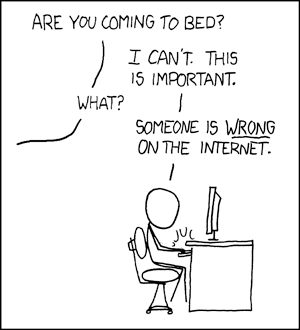One problem with evolutionary theory as discussed here is that some deny that biology can make the sorts of leaps that are required, asserting that things cannot be accomplished by small steps. A common illustration is automobile engines, which need all their parts to be complete in order to work.
I submit a different analogy: a sand castle. Having built and/or carved hundreds of them, I can say with confidence that it is possible to transform a military keep into a cathedral by minor incremental changes, each one of which leaves the structure functional (in the sense that it represents something that would ‘work’ in the real world). Indeed, by small increments I once transformed a “mud hut” sandcastle into a castle on a hill with a church building, a monastery structure, and a town, making no greater change at any step than a small handful of sand. At each step the structure was functional, first as a taller hut, then as a house, then an inn, then an inn with connected stables, and so on.
At no point was there any indication of a goal, for the simple reason than I didn’t have a goal, I was just adding and subtly reshaping, yet there was a steady progression from simplicity to increasing complexity.
And lest someone object that a sandcastle is all the same material and has no organs, I point out that each wing of an inn, each tower on a wall, each plaza between structures, counts as an organ. I will also point out that what started as a tower could change its function as it changed in shape, one becoming a spire on a church, another a corner of an inner wall, another just a buried undersurface portion of a plaza.
And indeed the entire thing could be broken down further; the changes I made could have been done one grain of sand at a time. There would never have been any clear distinction between such “generations”, yet when the roof of the stables had transformed into the square where the church sat it was clearly changed both in form and function.
And to respond to an oft-made objection, my castle had “fossils” – a friend took pictures at different stages. Looking at those pictures, it wouldn’t have been possible to know just how the stable roof became a small town square, but it would be possible to say, “That used to be the roof of the stables!”, and while it wouldn’t have been possible to show every step in how a tower that fell over ended up as the root of a seawall, that it did so could be shown.
I could flesh the comparison out more, but I’ll leave that up to comments!
= = = = = = = = = = = =
not the sandcastle mentioned, but one of mine–
Actually a rather slap-together version built out of boredom plus to see if I could do one on top of a boulder.
One built on a hot day between periods swimming in the surf–
Also not the one mentioned, but it did start out as a single tower that slowly grew and changed.


